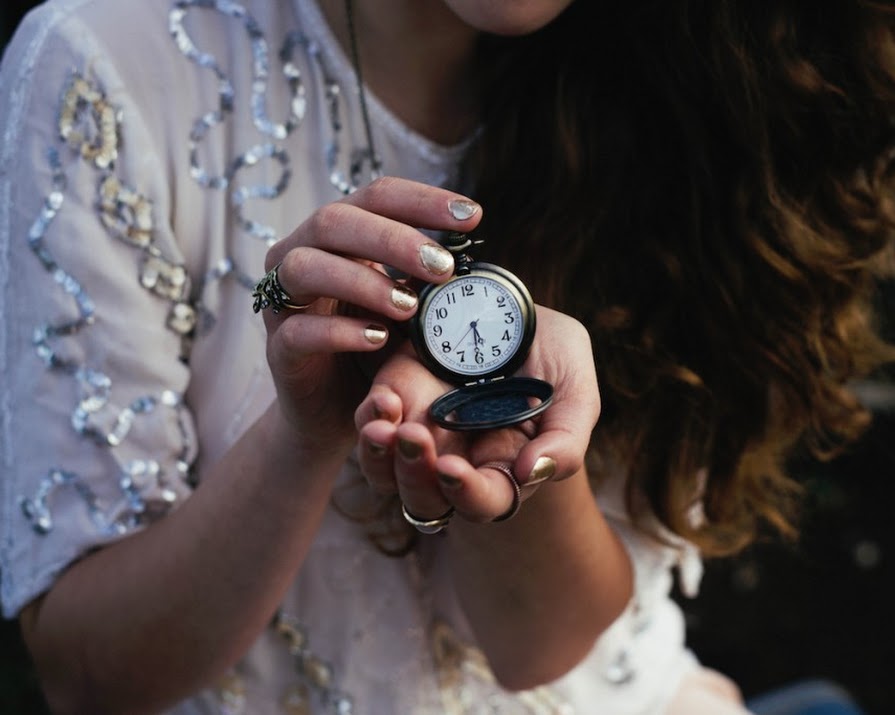
By Niamh ODonoghue
04th May 2017
04th May 2017
Lateness happens to the best of us. We set our alarms with great intention, and some mornings we even manage to get up extra early for a hot shower. But more often, time seems to escape the confines of reality and we suddenly find ourselves chaotically darting out the door for the bus.
Plenty of research has gone into the study of tardiness, with many different theories arising which speculate that lateness is a result of inconsiderate behaviour and attention seeking, but this proved to be not wholly true. One researcher,?human behaviour writer and lecturer Alfie Kohn, the answer to lateness may be because of our tendency to get wrapped up in the thing we’re doing, and don’t discover the time until it’s too late.
Another‘study from 2016 by Washington University psychologists Emily Waldun and Mark McDaniel?looked into Kohn’s theory?and described it as Time-Based Prospective Memory.?In an experiment, they gave subjects a set time to complete a task, with the advantage of being able to check a clock. It was set up in such a way that participants would likely get caught up in the tasks, such as a jigsaw puzzle, and be too preoccupied to check the time.
From this, Waldun and McDaniel were able to identify that constantly checking on the time was a big distraction and took time away from actually completing the task.
The same can be applied to everyday activity like scrolling through Instagram or Facebook; where your innocent 2-minute break turns into 20 minutes, resulting in a missed bus and an angry boss (sound familiar??).
Practising time-based prospective memory (TBPM) tasks like jigsaw puzzles, a Rubix cube, or chess, for example, are good ways to help regulate our brain to keep time more efficiently, according to?Susan Krauss Whitbourne, professor of psychological and brain sciences at the University of Massachusetts Amherst.?She wrote in a blog post on Psychology Today?that it’s important to be able to gauge the amount of time something might take.
If puzzles aren’t your thing but you want to rid your life of lateness, don’t fret. Some researchers say that lateness comes down to a simple lack of self-discipline. So if’rewiring your brain sounds too strenuous then maybe it’s time to buy an extra alarm clock or three.























